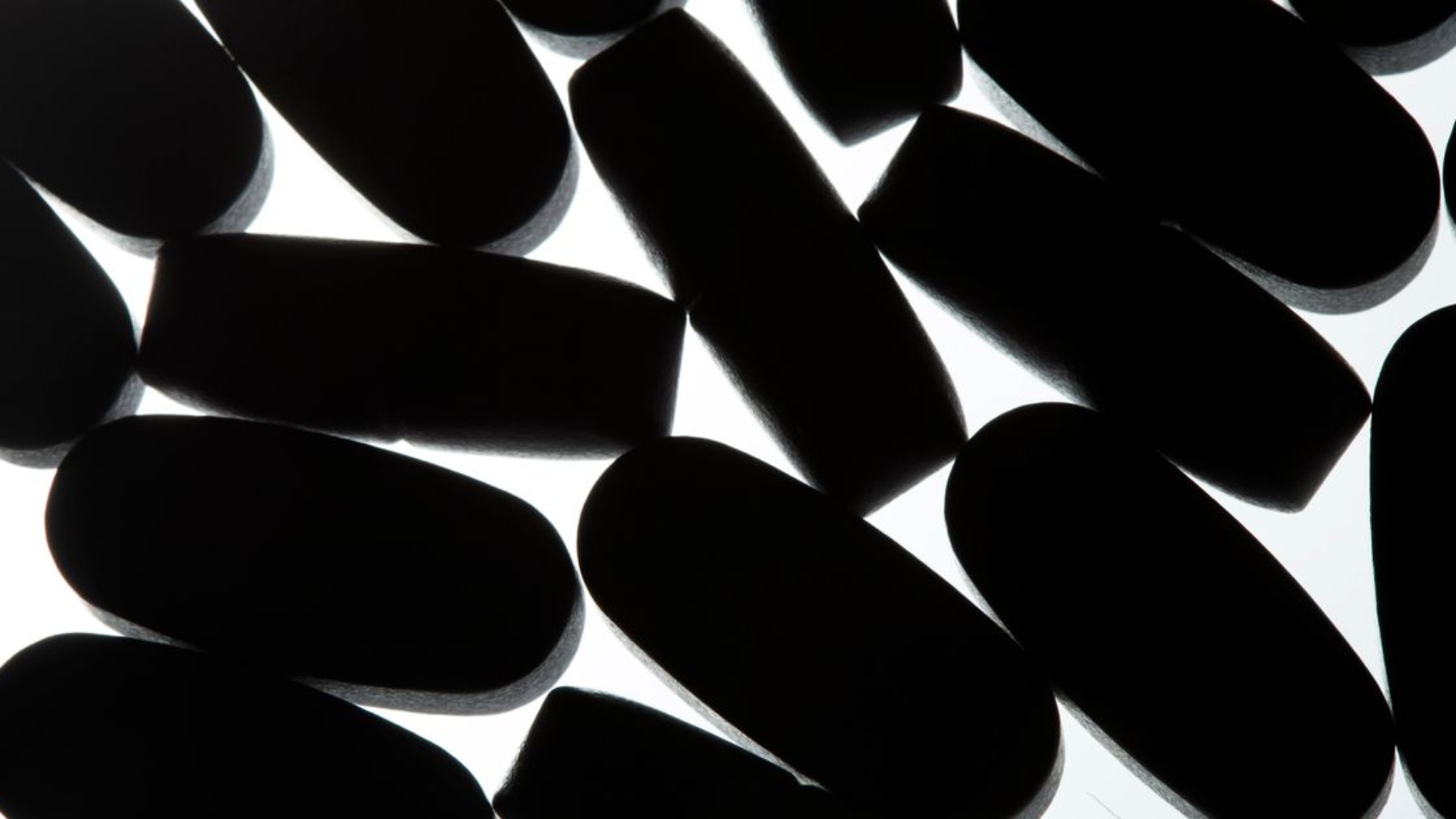Although the NHS recommends all adults contemplate taking vitamin D dietary supplements till round March to make up for the misplaced daylight, they’ve debunked the concept that taking widespread nutritional vitamins can “stop” colds.
Now, the service has really helpful that older adults keep away from one specific complement altogether (until it’s on a physician’s recommendation, after all) as they might be extra more likely to expertise adverse unwanted effects.
Even youthful individuals shouldn’t take an excessive amount of, they warn, as overdoing it may be “dangerous.”
Taking an excessive amount of “may cause abdomen ache, feeling sick and diarrhoea,” the NHS say.
Which complement ought to older individuals avoid, until their physician recommends it?
Potassium, which helps to manage the stability of fluids in your physique and in addition helps your coronary heart to work, is current in a number of meals (chances are you’ll affiliate it with bananas, although they’re not the highest-potassium meals on the market).
It’s present in some veggies, like parsnips and broccoli, in addition to nuts, seeds, beef, hen, and turkey (so your Christmas dinner is mainly a potassium-fest).
That’s why the NHS says that you need to have the ability to get as a lot potassium as your physique wants by a various eating regimen.
“Adults (19 to 64 years) want 3,500mg of potassium a day,” they are saying. That must be simply achievable by consuming a mixture of meals.
And although “Taking 3,700mg or much less of potassium dietary supplements a day is unlikely to have apparent dangerous results,” the NHS says older individuals’s kidneys is perhaps much less in a position to take away potassium from their system in comparison with youthful individuals.
That may result in the abdomen points we talked about earlier.
So, the Division of Well being and Social Care advises: “Older individuals shouldn’t take potassium dietary supplements until suggested to by a physician.”
Can you’ve gotten too little potassium?
Sure, by which case dietary supplements or consuming potassium-rich meals (or a mixture of each) could also be really helpful.
Low potassium ranges are linked to coronary heart points like an irregular heartbeat, whereas elevated potassium ranges can even scale back your coronary heart exercise.
“Each conditions are critical and could be life threatening,” the NHS warns.
If you happen to’re fearful about your coronary heart or need to see the place your potassium ranges are at, converse to a GP ― they are able to provide you with a potassium blood take a look at if wanted.
#Complement #NHS #Urges #Older #Individuals
HuffPost UK – Athena2 – All Entries (Public)
#Complement #NHS #Urges #Older #Individuals
Amy Glover , 2024-12-11 10:19:00


